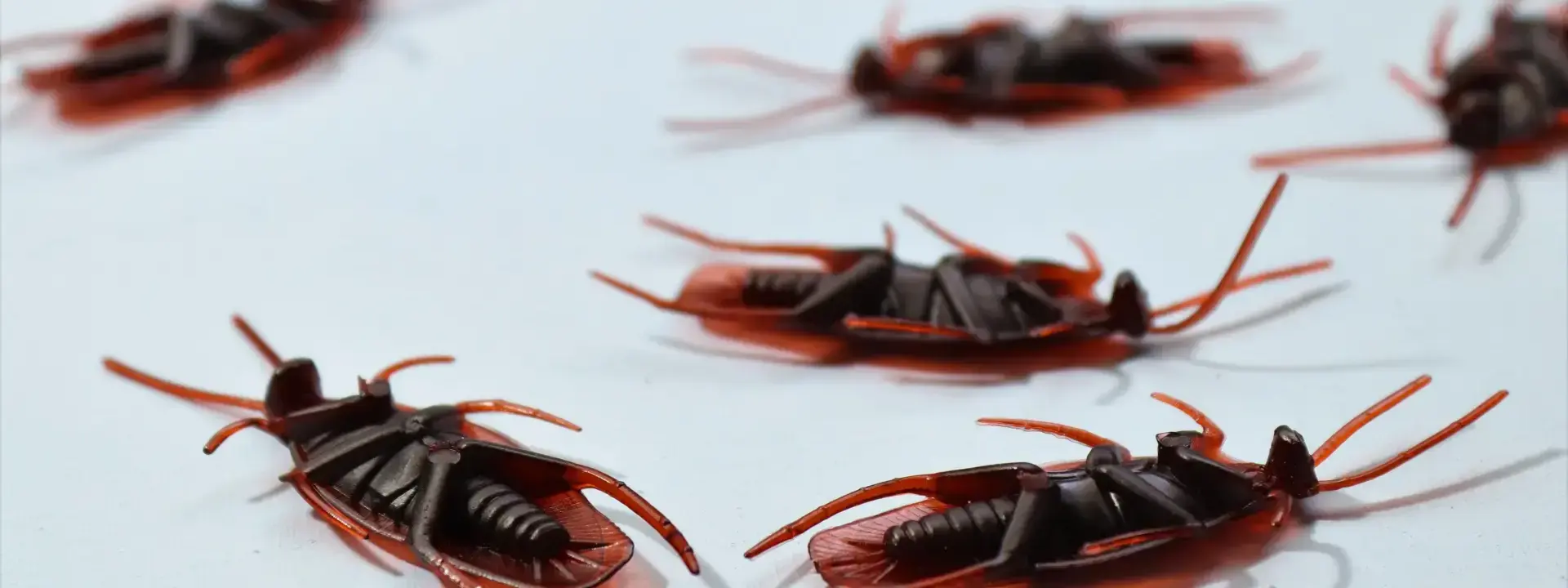
Pest Control Job Description
What is a Pest Control Professional?
Pest control is the management of insects, rodents and other pests that are a nuisance or pose a threat to human health or the environment. Pest controllers use a variety of methods to deal with pests, including traps, poison, sprays and fumigation. The first step in pest control is identifying the type of pest that is causing the problem. This can be done by looking for signs of damage or droppings, or by setting up traps to catch the pests. Once the pest has been identified, the next step is to choose an appropriate method of control. Traps are one of the most common methods of pest control. They can be baited with food or chemicals that attract the pests, then they are either killed when they enter the trap, or they are captured so they can be removed from the area. Poisoned bait is another common method of pest control.
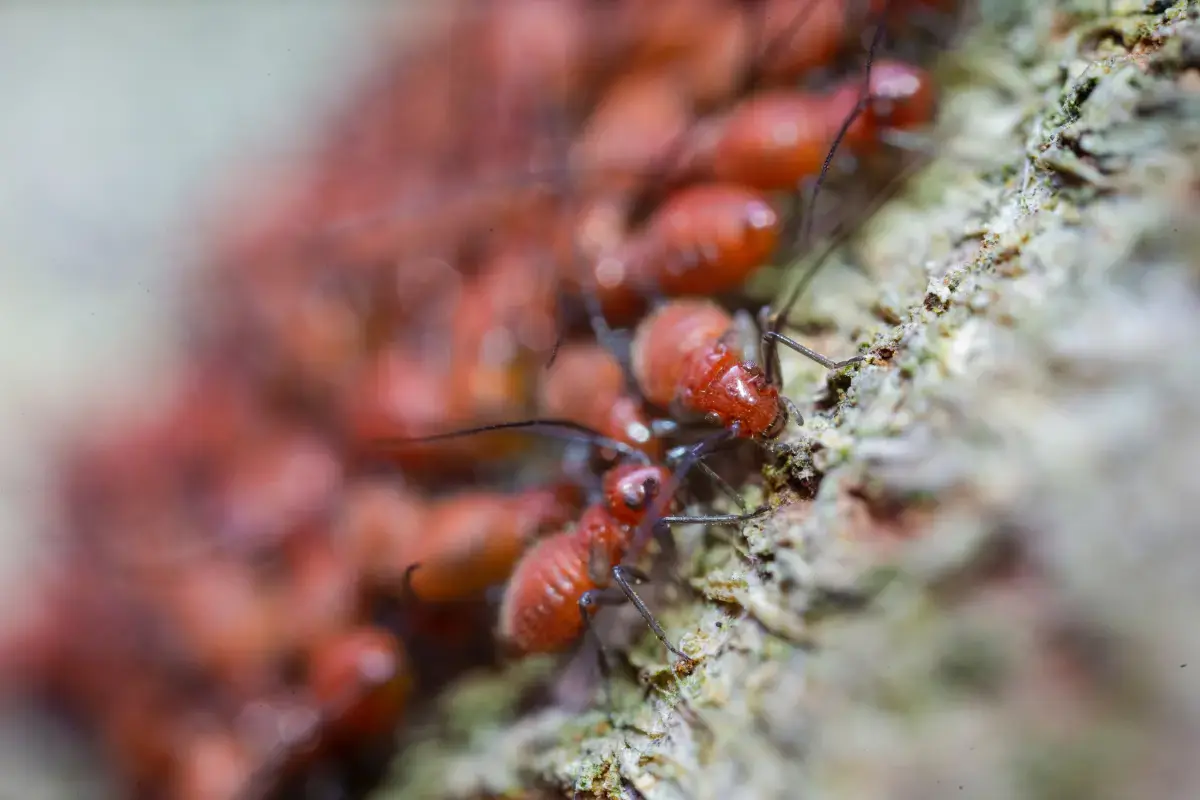
What does a Pest Control Expert do?
The bait is laced with a poison that kills the pests when they eat it. Bait stations must be used carefully to avoid poisoning non-target animals or people. Sprays and foggers are also used to kill pests. These products release a cloud of pesticide into the air which settles on surfaces and kills any bugs that are present. Fumigation is a similar process but uses poisonous gas instead of spray pesticides. This method is usually only used for very serious infestations as it can be dangerous if not carried out correctly.
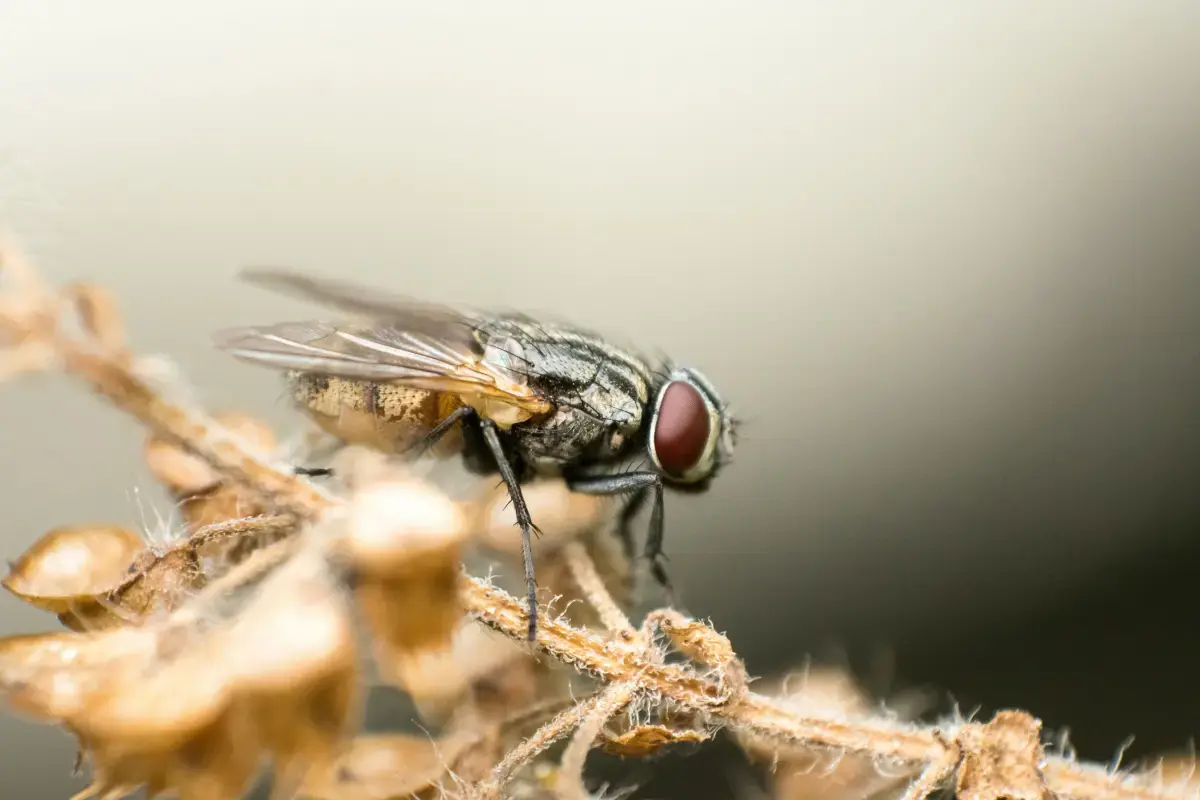
What are the Skills of a Pest Control?
Most pest control technicians have completed a high school education, although some hold college degrees. Many states require certification or licensure in order to apply pesticides, and some employers may require employees to complete specific training programs. Pest control technicians typically develop skills through on-the-job training provided by their employer. Most pest control companies will hire new employees and provide them with basic jobtraining, which can last up to six weeks.
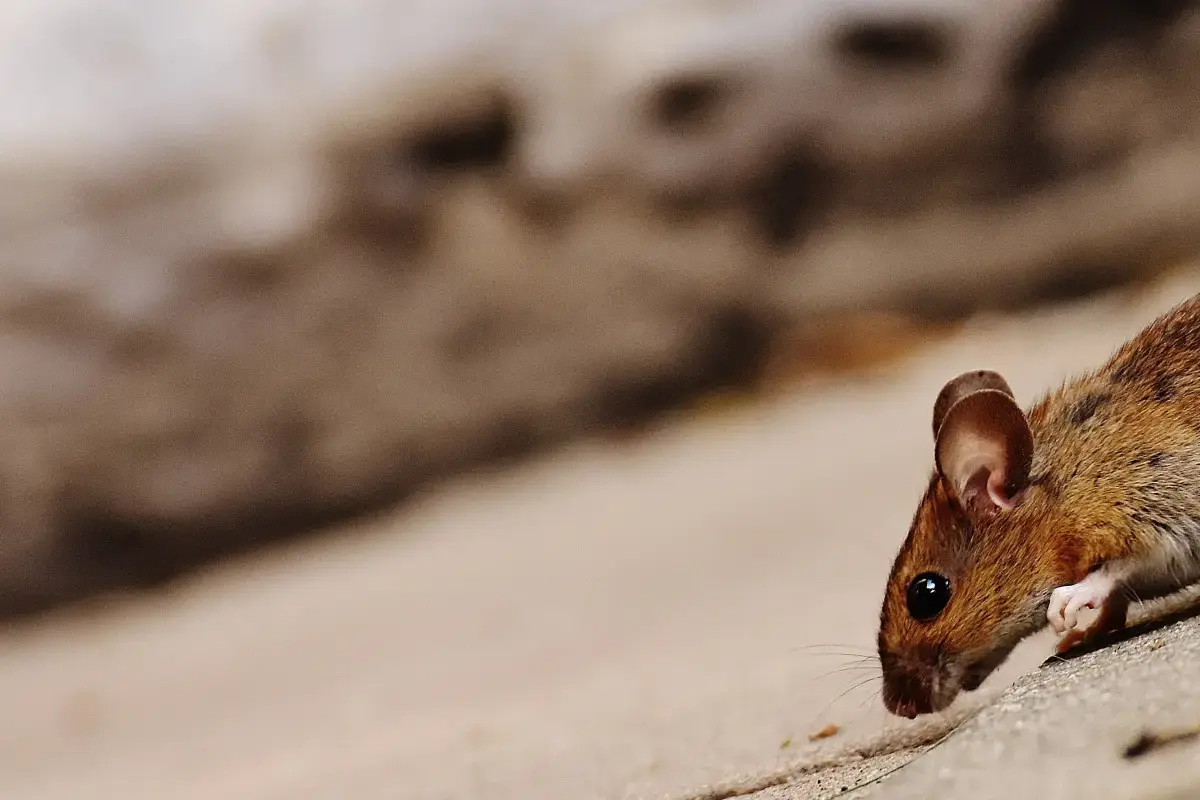
What makes an Expert Pest Control?
This training period covers topics such as safety procedures, equipment handling, proper application techniques, state and federal regulations regarding pesticide use, customer service expectations, and record keeping requirements. Employers also often require new hires to attend continuing education courses offered by pesticide manufacturers or distributors. These courses help new technicians keep up with changes in products and application methods as well as updates on any new regulations that might affect their work in the state where they are employed.
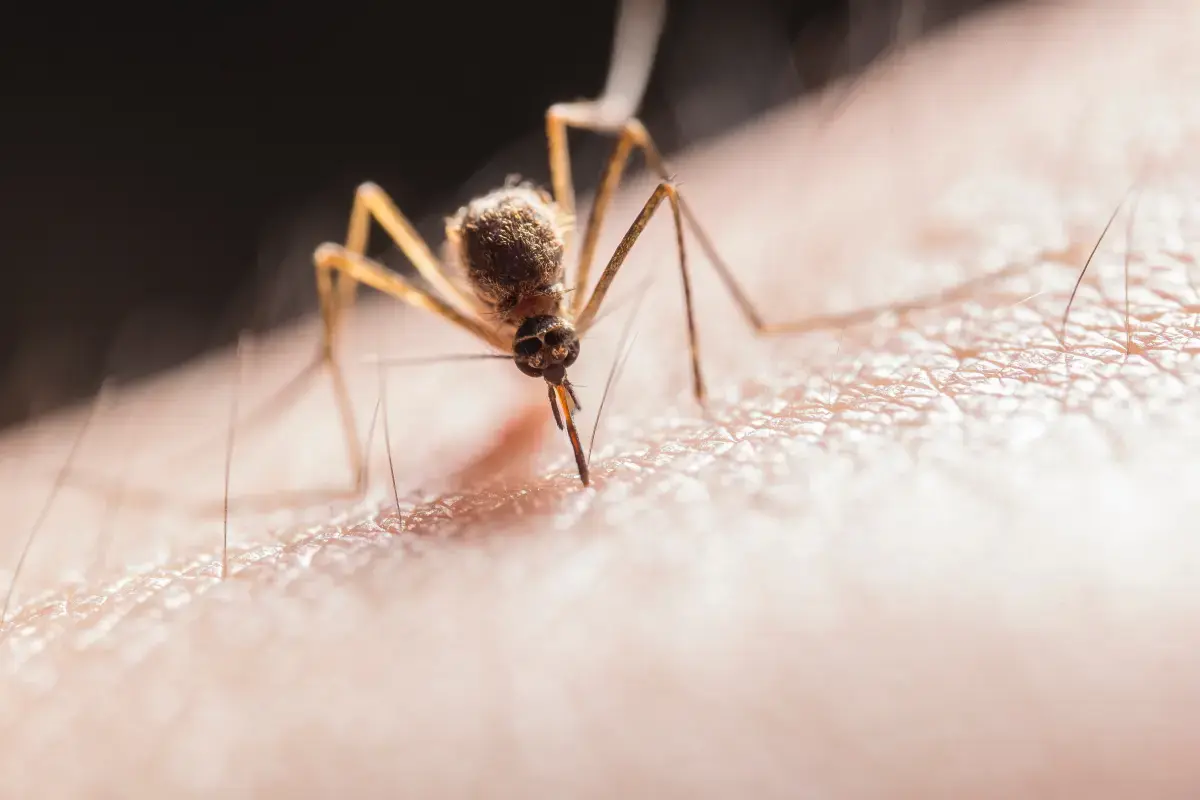
What level of Experience & Qualifications are required to be a Pest Control?
Industry Experience: 1. At least two years of experience in the pest control industry, preferably with a focus on commercial or residential management and extermination. 2. Familiarity with safety protocols for handling hazardous materials used in pest control treatments, as well as knowledge of state regulations pertaining to their use. 3. Ability to accurately identify common pests and diagnose related issues they can cause within properties they infest (e.g., structural damage, health risks). Training: 1. Successful completion of specialized training programs specific to certain areas such as termite treatment or bird removal/exclusion techniques; certification may be required by some employers depending on local laws and regulations regarding pesticide usage (for example). Qualifications / Certifications: 1 Certification from the National Pest Management Association indicating proficiency in general pest control basics such as inspection methods, product selection & application techniques is highly desirable but not always mandatory depending on employer requirements & location-specific laws governing this profession . Education Requirements : 1 High school diploma or equivalent qualification is usually necessary for entry level positions , although some employers may require further education beyond that point - e..g associates degree in entomology , biology
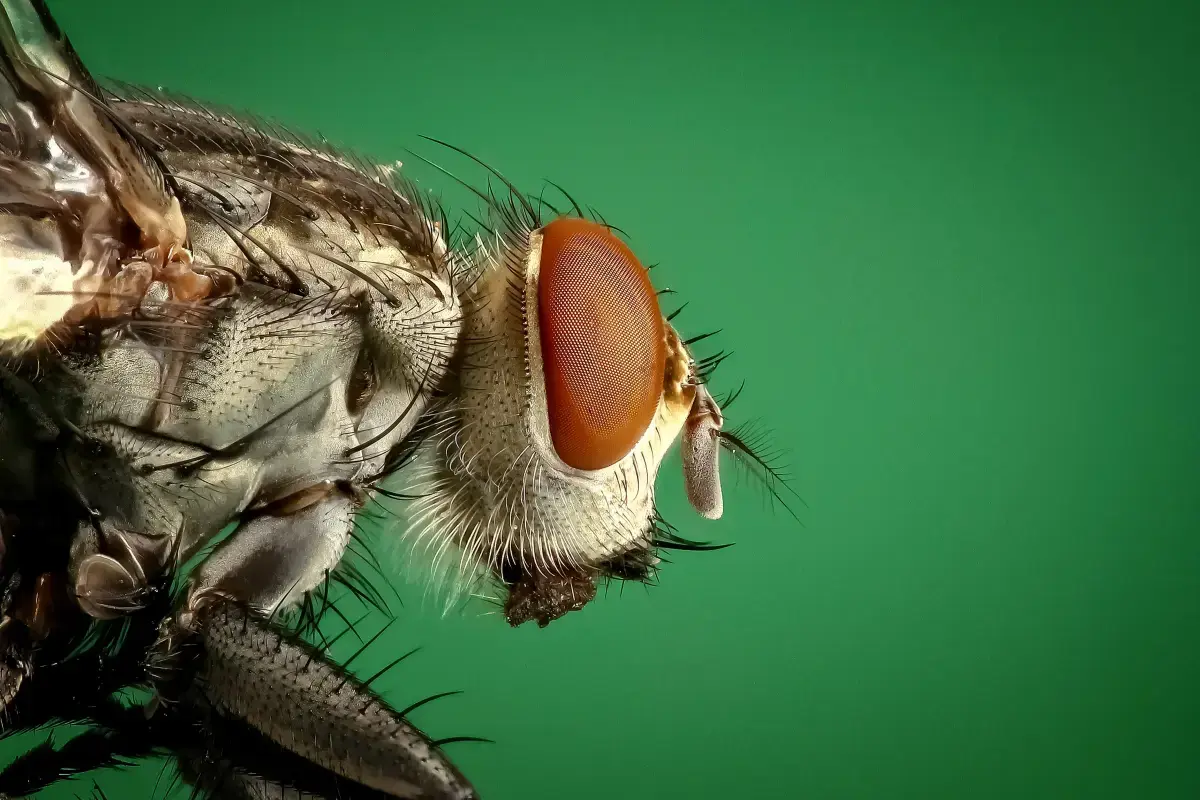
What is the Salary of a Pest Control?
The salary expectations of a pest control technician vary greatly depending on their level of experience and the location they are working in. A junior pest control technician typically earns an hourly wage between $11 to $17 per hour, while a senior-level professional can expect to make anywhere from $20 -$25+ per hour. In some areas, experienced technicians may even earn up to twice as much as newbies. The U.S Bureau of Labor Statistics (BLS) reports that the median annual income for all types of animal care workers is around $22,370 annually or about $10/hour in 2019 – this figure includes both entry-level positions and more advanced roles such as veterinary assistants and wildlife rehabilitators. In terms of bonuses and other forms compensation, most employers offer paid time off along with medical benefits packages which can add another 10% onto your total earnings each year if you remain employed at one company long enough to qualify for these benefits programs. It’s also worth noting that many companies will provide additional perks like performance bonuses or discounts on services used by employees during work hours; these incentives vary widely among different businesses but can be extremely beneficial when planning out your budget over time!
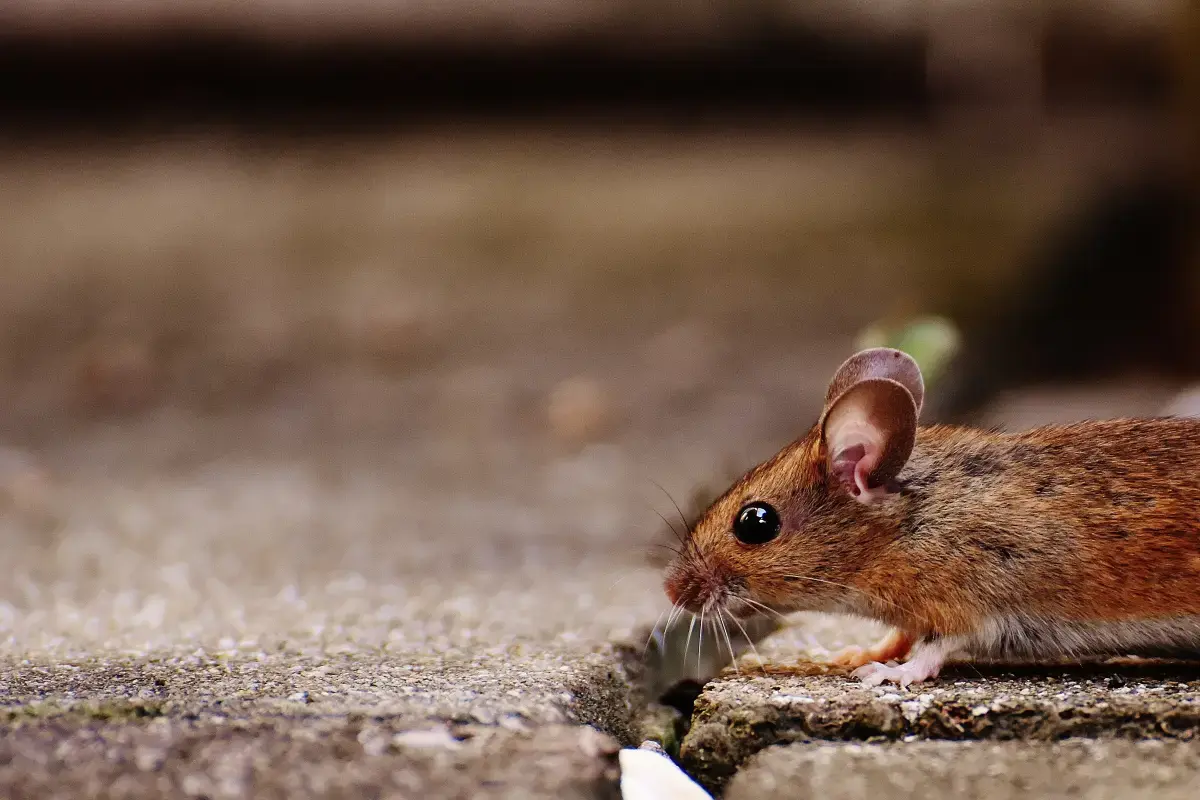
What are the Working Conditions for a Pest Control?
A pest control technician is responsible for inspecting and treating homes or businesses to prevent, eliminate, and manage infestations of pests such as insects, rodents, termites, birds etc. They may also provide services such as removal of dead animals from properties. Working conditions vary depending on the employer but generally include: • Inspecting buildings both inside and outside to identify areas where pests are likely to enter or live in order to develop a plan for treatment; • Applying various insecticides or other treatments using hand-held equipment (such as dusters) or power sprayers; • Examining treated areas periodically to determine whether re-treatment is necessary • Keeping records of all treatments applied including specific locations within each building/property; • Collecting samples of suspected pests for identification purposes if needed; • Recommending additional steps that can be taken by customers in order to reduce future infestations (e.g., sealing off entry points); • Ensuring safety protocols related to application methods are followed at all times while adhering strictly with state regulations regarding pesticide use & disposal procedures • Providing customer education about how best they can protect their property against further outbreaks.
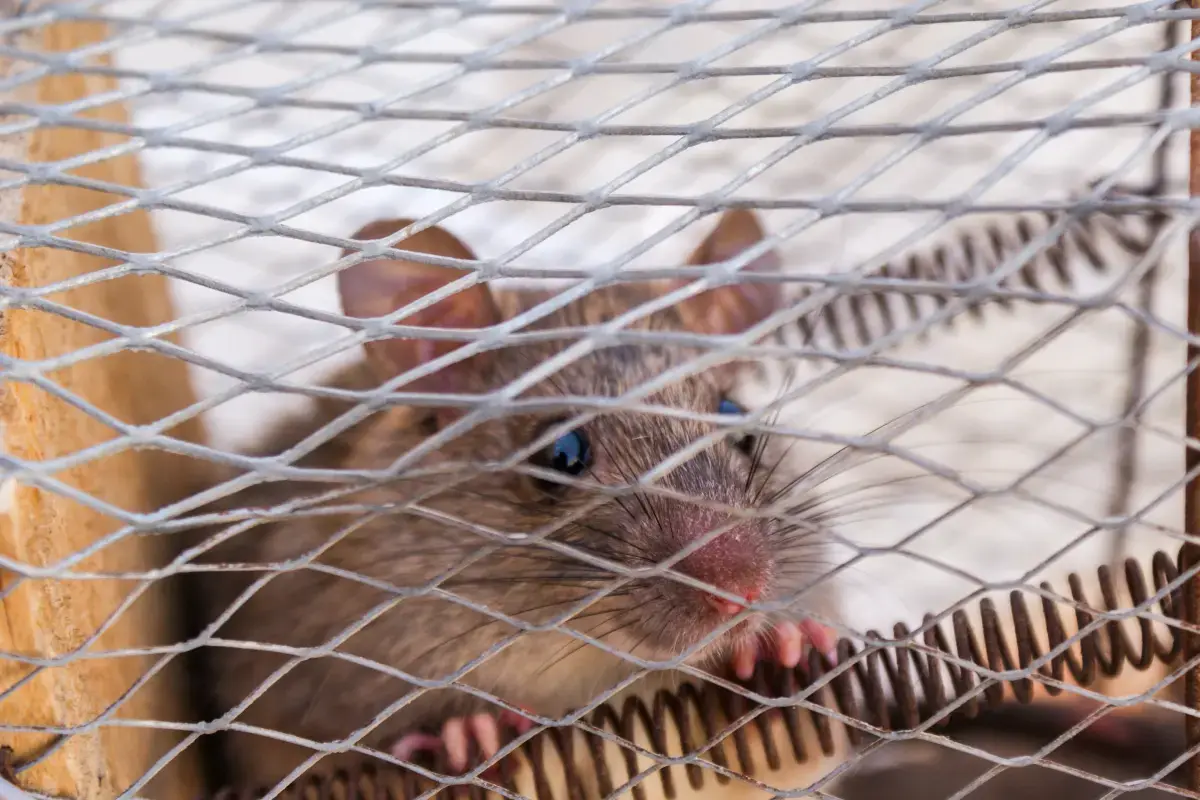
What are the roles and responsibilities of a Pest Control?
Performing inspections of premises to diagnose pest problems and identify potential entry points for pests
Providing customized pest control plans for clients, taking into account the specific needs of their property
Systematically applying approved pesticides and other pest management techniques to eradicate pests and prevent their reentry
Conducting regular follow-up visits to ensure that pests have been effectively controlled and to assess any new or recurring infestations
Maintaining detailed records of all pesticide applications and treatments performed, including ClientName, Address, PestType, MaterialUsed, ApplicationDate, etc.
educating clients on proper sanitation and housekeeping practices that can help prevent future pest problems
educating clients on proper sanitation and housekeeping practices that can help prevent future pest problems
inspecting buildings and homes to identify potential pest problems
identifying the type of pests that are causing problems
formulating a plan to remove the pests using physical, chemical, or biological methods
implementing the pest control plan using safe and effective methods
monitoring the progress of the pest control program to ensure its effectiveness
keeping accurate records of all treatments performed and results achieved
maintaining equipment used in pest control operations
ordering supplies needed for pest control activities
preparing informational materials for clients on proper pest management procedures
conducting research on new and improved methods of pest control
servicing residential, commercial, and industrial customers
working with other professionals such as architects, engineers, and property managers to develop long-term solutions to persistent pests problems
developing marketing plans and strategies to promote business growth
staying up-to-date on regulatory changes affecting the use of pesticides
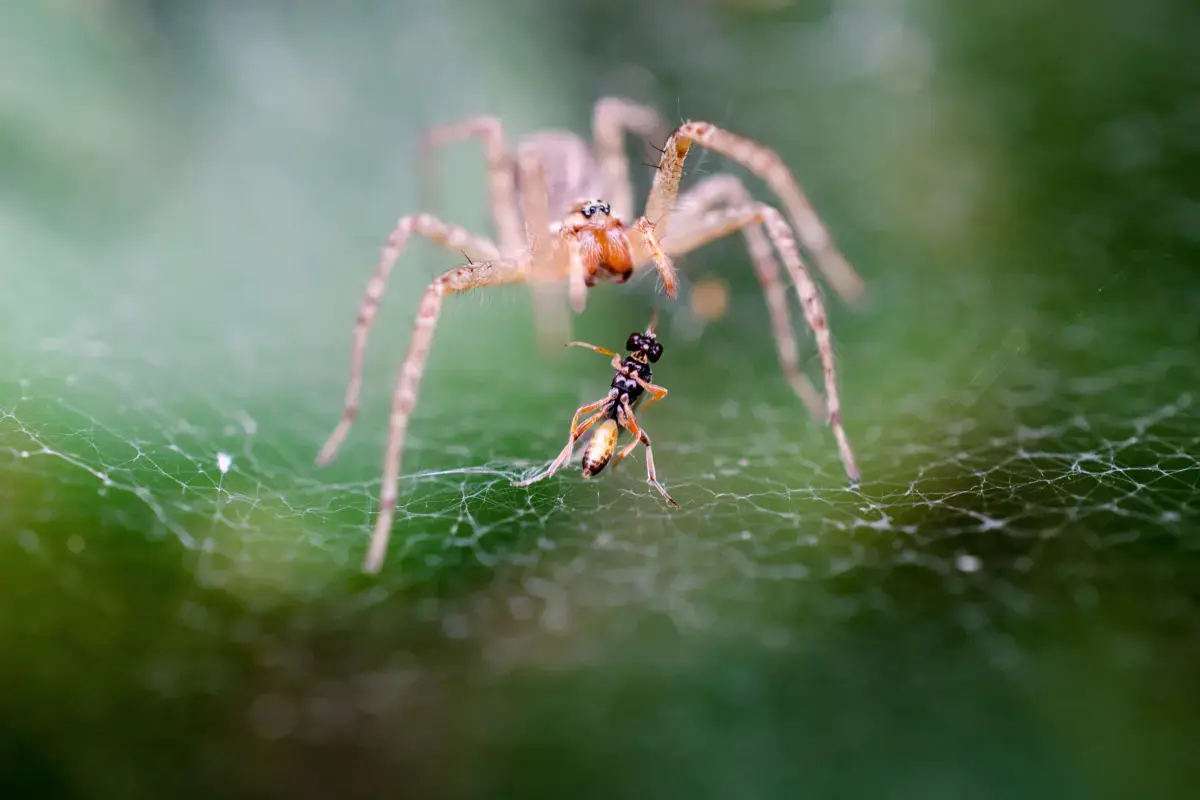
Where can I find Pest Control jobs?
- Create a profile on gigexchange and promote your Pest Control skills to advertise you are Open to New Work Opportunities
- Ensure your Resume (or CV), or online work profile is up to date and represents your skills and experience. Ensure your reputation reflects your ability & attitude.
- Apply for Pest Control Jobs advertised on gigexchange.
- Practise Pest Control interview techniques to ensure you represent your personality and ability succinctly and confidently.
- Accept the job offer if the salary meets your expectations and the employer mission and purpose reflects your core values.
Jobs
What are the best job boards for Pest Exterminators jobs?

How can I hire Pest Control staff online for my business?
The best job board for recruiting Pest Control experts is gigexchange.com. Advertise full-time, part-time or contract jobs to find, hire & recruit trusted, experienced and talented Pest Control candidates near you.
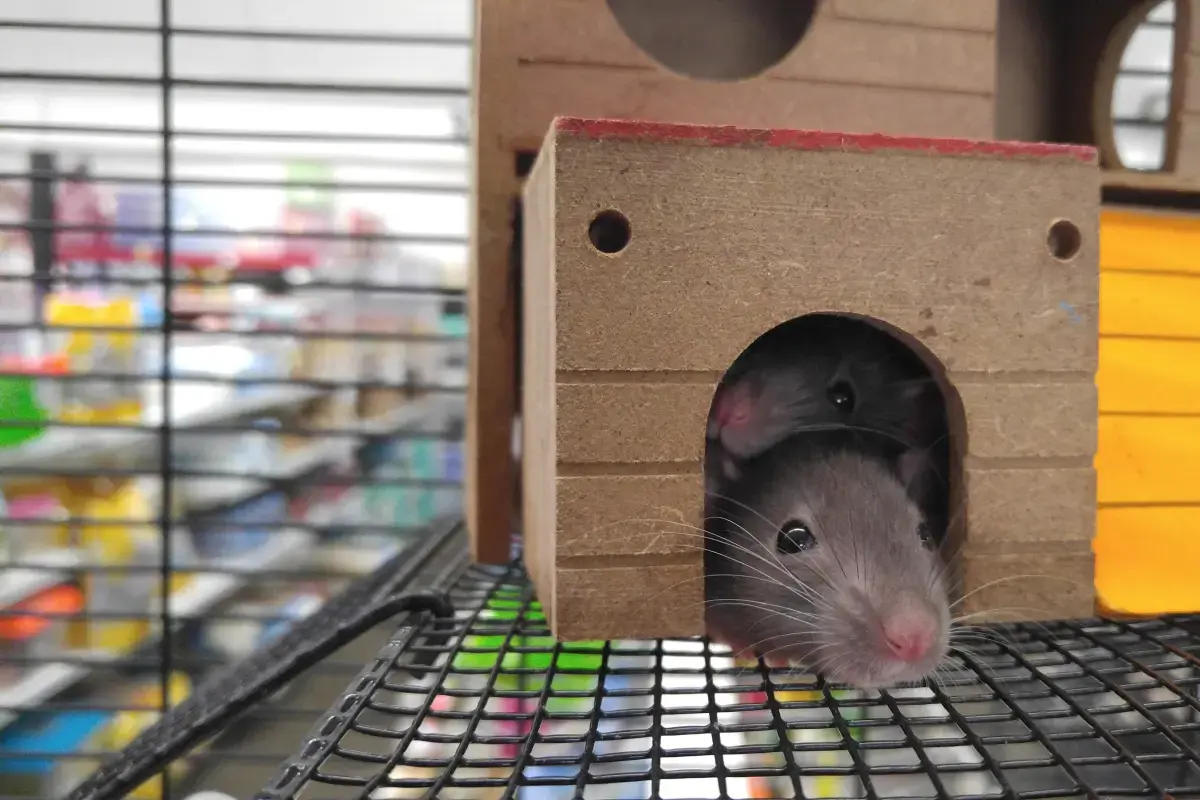
Are Pest Control roles in demand in 2026?
Pest Control experts are still in high demand in 2026. If you are an experienced Pest Control or looking to train and become one. The job market is looking strong for Pest Control jobs near me.